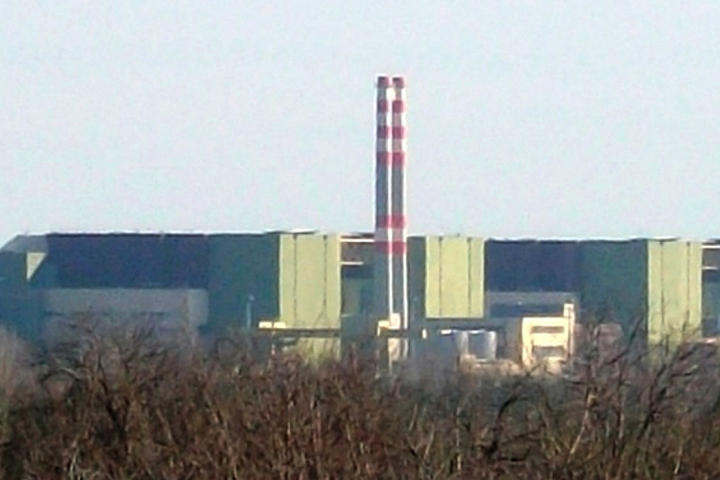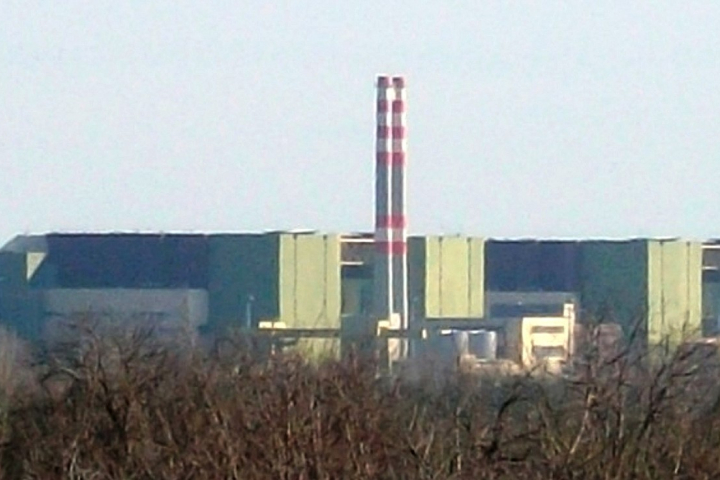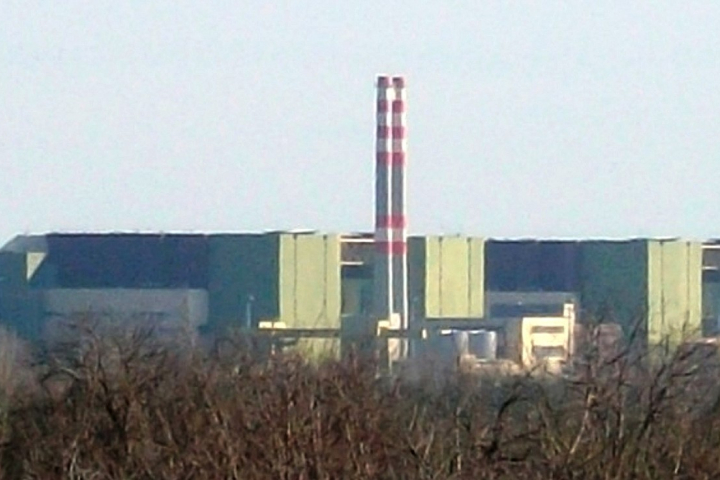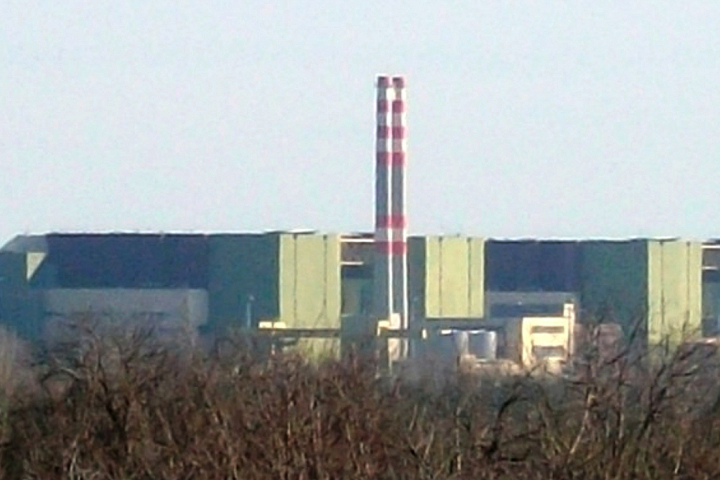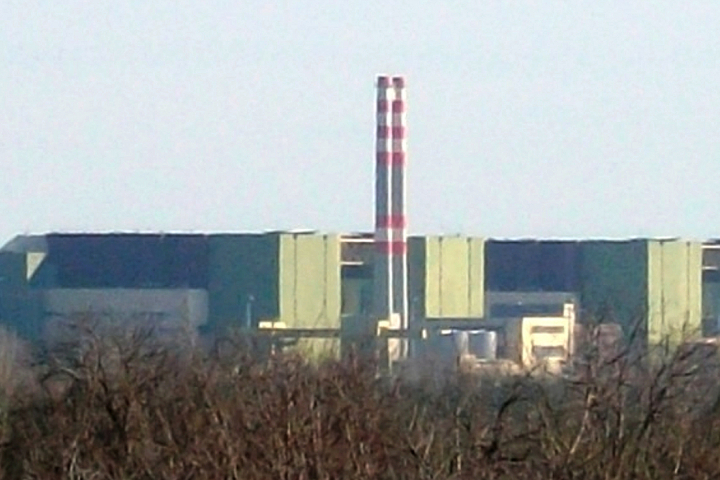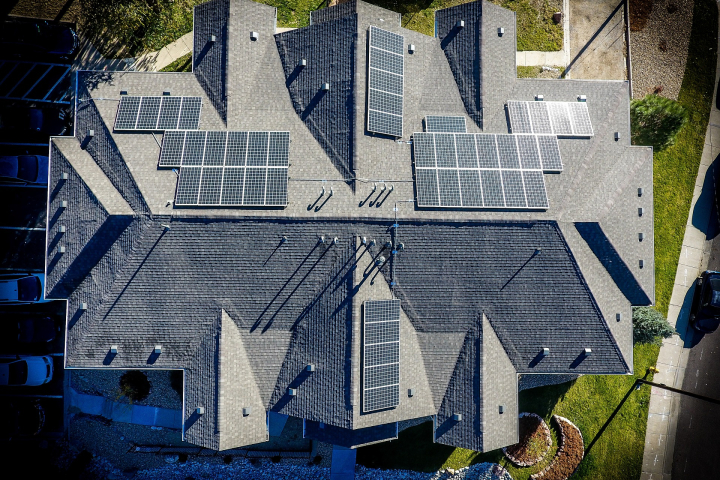Is the mist lifting around the gas issue?
The defendants in the Energiaklub's lawsuit to have the strategic gas storage contracts made public have taken an unexpected step. MOL, the Hungarian Hydrocarbon Stockpiling Association (MSZKSZ) and the MMBF Gas Inc., contrary to their previous position that the contracts constitute a trade secret, have published the respective documents on their websites. In spite of this, the lawsuit continues.
During the negotiations of April 26th, 2010, in a step rarely seen in similar, previous cases, the defendants admitted that most of the information contained in the contracts connected with the provisions for gas storage cannot be kept secret, so these were made public on their websites. (1), (2), (3). However, particular details in the contracts were masked, hence the lawsuit, continued at the Municipal Court on May 4th , was limited to these details.
As the details masked out in the contracts related to MOL had no direct connection to the object of the lawsuit, namely the financing of the set up and operational costs of the strategic storage facilities by consumers, the Energiaklub stopped the proceedings against MOL. However, in the so-called escrow agreement existing between MMBF and MSZKSZ, recording the order for the gas storage, information on the cost of storage - vital to the lawsuit - had been blanked out, therefore the proceedings continue in respect of this question.
The defendants maintained that making the masked out data public would infringe their business interests, and called for professional evidence to be given. The court upheld the defendants' motion and deferred the proceedings until July 8th.
The Energiaklub is expecting answers to the following questions from the data requested in relation to the strategic storage facilities: the gas storage is a significant question for the consumers' purse – more exactly, the question is how can it be possible, or even, is it allowed to have consumers pay for gigantic investments which will bring massive profits to others? Why do we have to pour nearly 500 billion over decades into the kind of investment that is not has not been tried and tested anywhere else in the world? What kind of crisis situation is it that would make it necessary to open the storage facilities, if it was not necessary during the 'great Hungarian' crisis situation in 2009? If the storage facility provides for 700 million cubic metres of commercial storage capacity besides the 1.2 billion cubic metres security reserves, why do consumers – do the consumer – have to subsidise the commercial profits?
May 11, 2010.

